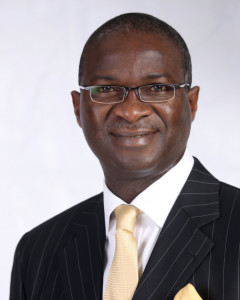
The Federal Ministry of Power, Works and Housing will spend a total of N324.1m on the purchase, maintenance and fuelling of plants and generators at its headquarters and agencies in the 2017 fiscal year.
According to the 2017 Appropriation Bill, which is currently before the National Assembly, the headquarters and agencies of the three-in-one ministry are to spend N35.63m on the maintenance of plants/generators; N57.24m on plant/generator fuel; and N231.2m on the purchase of generating sets.
Many federal ministries budget hundreds of millions of naira for generator purchase and maintenance due to the instability in power generation across the country despite promises by the Federal Government, its agencies as well as private operators in the industry.
For instance, industry data obtained by our correspondent on Tuesday in Abuja showed that the country’s total power generation, which peaked at 4,208.3 megawatts on December 31, 2016, could not be sustained, as it dropped by 847.8MW to 3,360.5MW on January 2, 2017.
On Friday, The PUNCH exclusively reported that after the country’s total generated power hovered around 3,000MW for about 10 weeks, it finally crossed the 4,100MW mark on December 26, 2016.
This, however, did not last for long, judging by the latest drop of 848MW recorded within two days.
On the budget for generators by the Power ministry, an analysis of the appropriation bill submitted by the President to the National Assembly showed that its headquarters would spend N217.1m on the purchase, maintenance and fuelling of generators.
The second highest amount of N50m will be spent by the Nigerian Electricity Regulatory Commission on the purchase of generators.
The remaining N57m is to be spent by about 10 other agencies under the ministry on generator fuelling and maintenance.
Three agencies under the ministry have no allocation for generator purchase, maintenance or fuelling; and these are the Transmission Company of Nigeria, Nigeria Bulk Electricity Trading, and the Regional Centre for Training in Aerospace Survey.
END

Be the first to comment